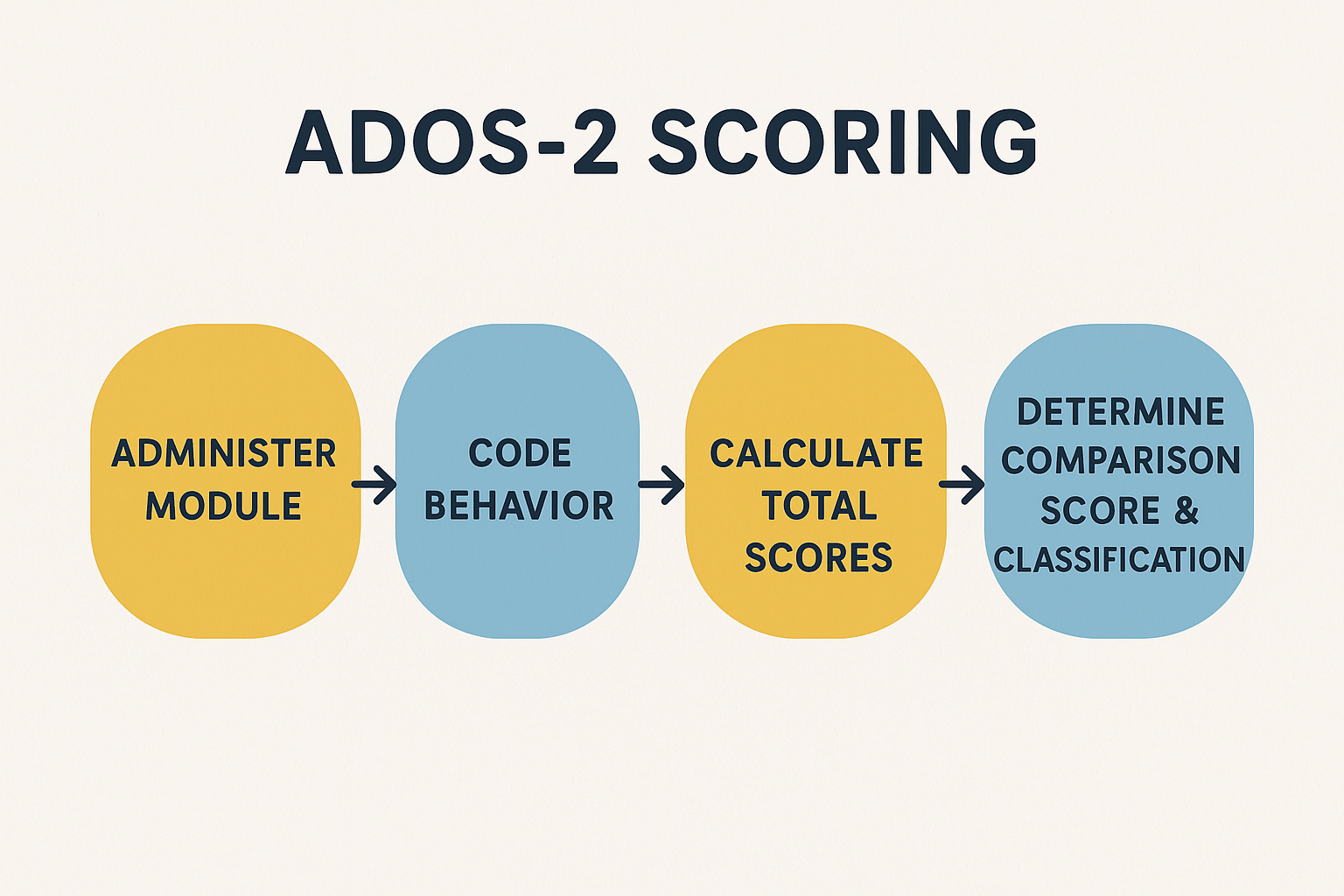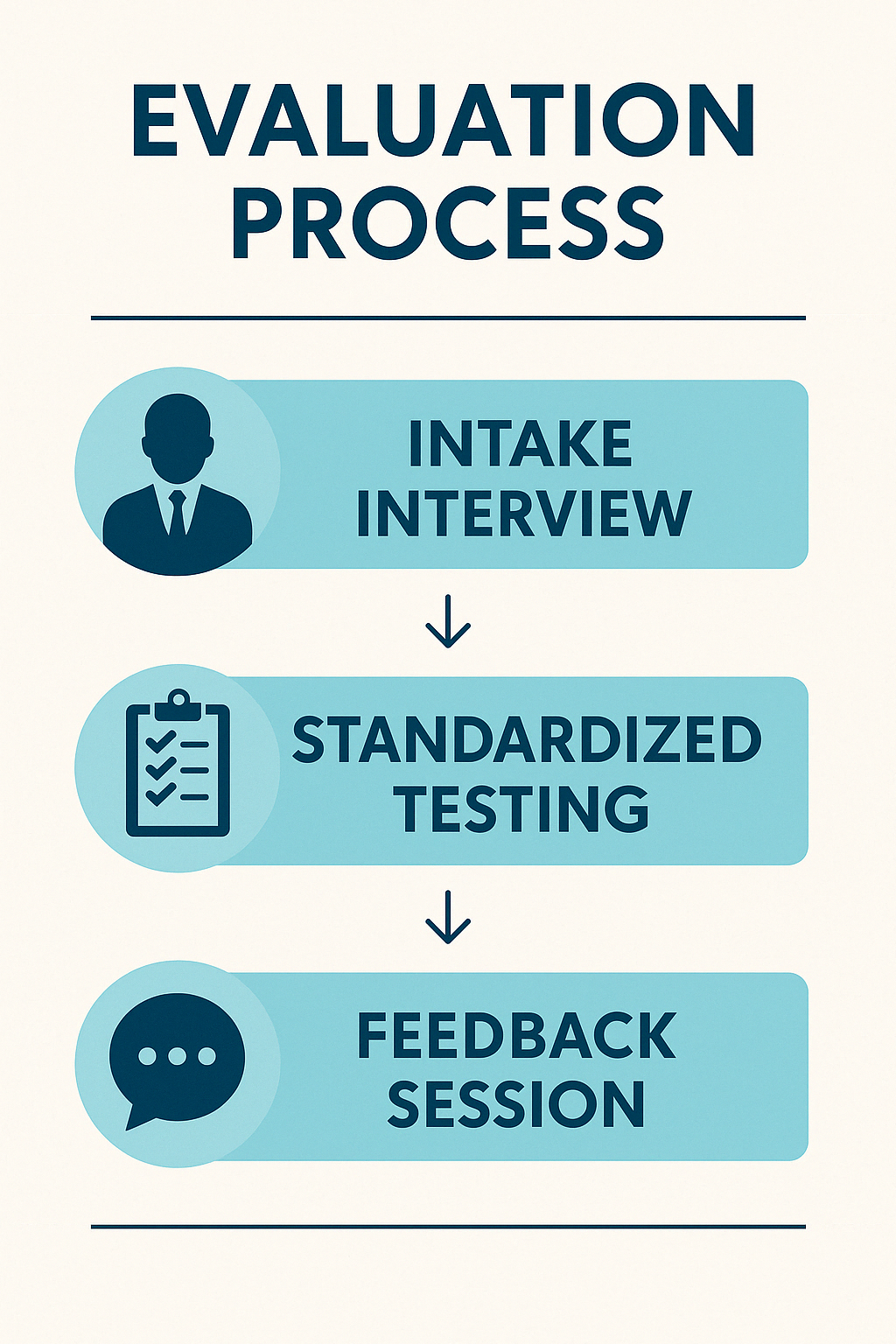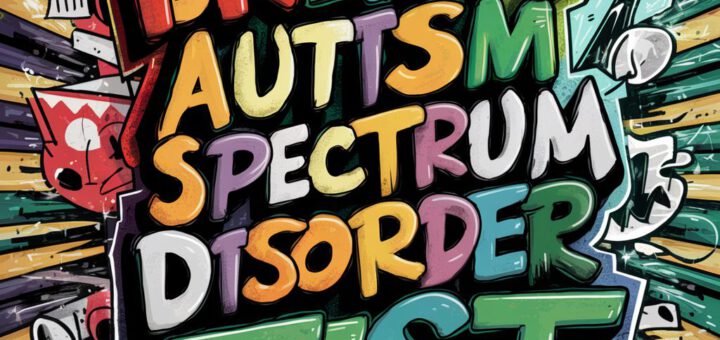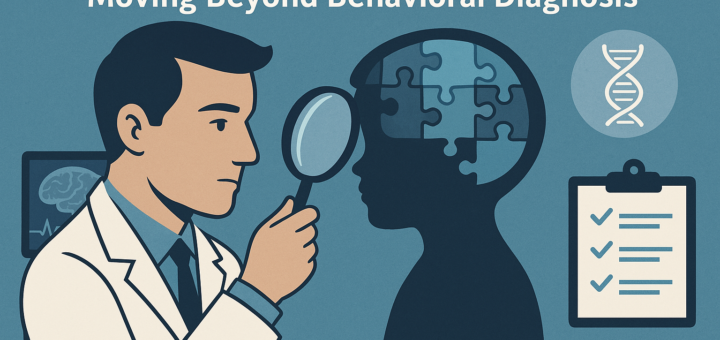Category: Autism Diagnosis and Testing
Published April 22, 2025 by Dror Arbel at 101Autism.com If you’re navigating an autism assessment, ADOS-2 scores can feel like alphabet soup. This guide walks you through each module. It shows real-parent examples. Additionally,...
Hey friend! 👋 If you’ve been wondering whether your lifelong quirks and sensory sensitivities might be autism, you’re not alone. Adult autism diagnoses have been skyrocketing, so here’s your forward‑thinking, step‑by‑step guide to getting...
👋 Hey there! We know mealtimes can be a sensory adventure—sometimes in a good way, sometimes… not so much. This quick, 2‑minute survey is all about your experiences. Your insights help us craft better...
Important Disclaimer: This is a screening tool example based on the AQ-10 questionnaire. It is NOT a diagnostic tool and cannot replace a comprehensive evaluation by a qualified healthcare professional (like a psychologist or...
The IDRlabs Autism Spectrum Test is a free online screening tool using a 24-question AQ model to measure autism traits in adults across five domains. Though correlated with clinical assessments, it’s not a diagnostic tool due to potential biases and requires a professional evaluation for definitive diagnosis. Scoring ranges aid self-exploration and potential steps post-assessment. Details on the test’s development are limited, emphasizing the need for transparency. The test also serves as an educational resource with an associated supportive community.
Accurate autism diagnosis is the gateway to understanding and essential support. The “gold standard” tools used in the autism diagnosis process include the ADOS-2 assessment and the ADI-R interview. These tools were primarily developed...
The Embrace Autism Test was developed by Natalie Engelbrecht. She is a Canadian psychotherapist and an individual on the autism spectrum. This test is a comprehensive online assessment tool. It is designed to help...
Introduction: Psychology and psychiatry have put forth considerable effort in creating assessment tools to gain a better understanding of neurodevelopmental conditions like autism spectrum disorder (ASD). One of the most essential tools is the...
For decades, the process for diagnosing Autism Spectrum Disorder (ASD) has primarily relied on observing behavior and reviewing developmental history. While crucial, standard assessment methods like the ADOS-2 explained and the ADI-R interview can...
Find an ADOS Assessment Center Near You Select Your City: — Choose a City —New York CityLos AngelesChicagoHoustonMiamiSan FranciscoSeattleBostonAtlantaWashington, D.C.PhiladelphiaDallas








